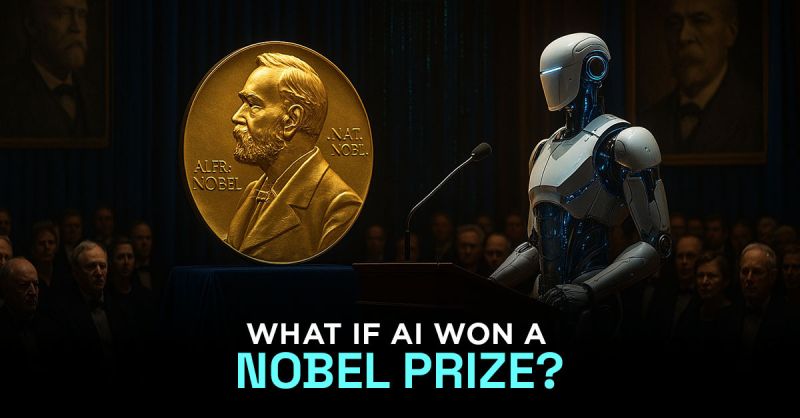
In 1921, Albert Einstein won the Nobel Prize for discovering the law of the photoelectric effect.
It wasn’t just about equations. It was about a mind that could see the universe differently.
Now imagine this: One day, an AI model churns through terabytes of data and independently proposes a groundbreaking scientific theory.
A theory so precise, so elegant, that it changes everything we know about physics, medicine, or even life itself.
Who wins the Nobel Prize?
→ The AI?
→ The scientists who built it?
→ Or no one at all?
Here’s the tension: Nobel Prizes celebrate human genius. They honor imagination, persistence, and courage.
But if AI begins crossing into that territory, if machines can make leaps of discovery, do we redefine genius itself?
Maybe the real question isn’t whether AI can win a Nobel.
It’s whether humanity is ready to share its highest honors with a mind that isn’t human.
What do you think? Should the next Nobel Prize belong to silicon, or stay with flesh and blood?


